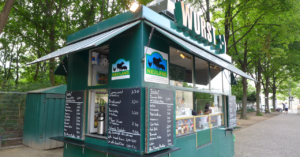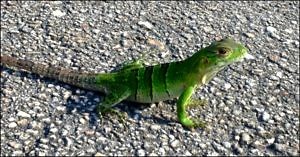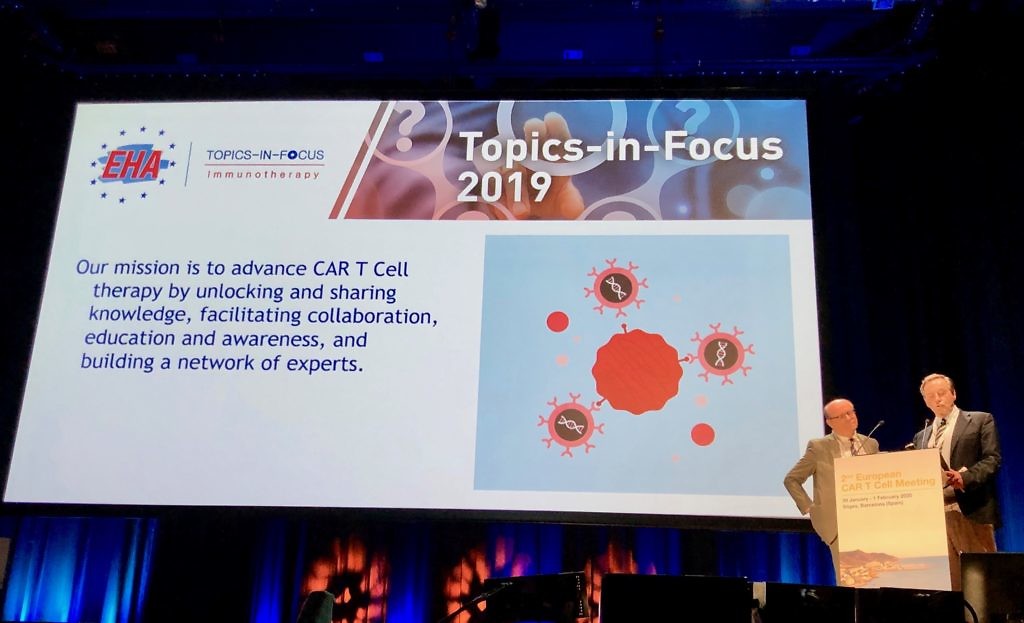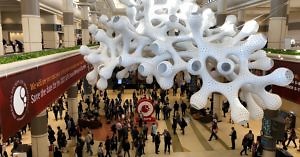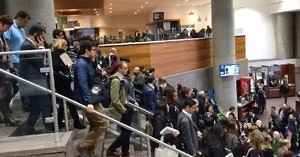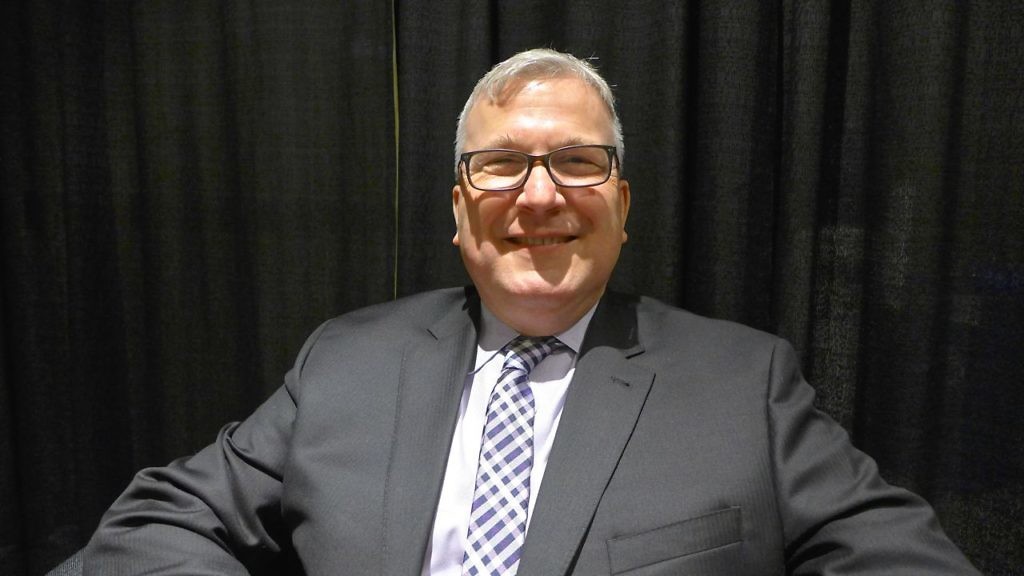The magic of making proteins disappear
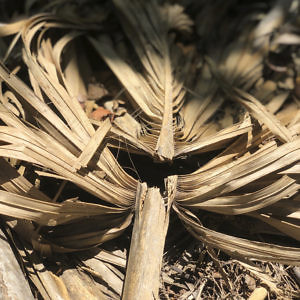 In our latest company interview we continue our ongoing AACR series on various protein degraders and how they may be useful in hitting difficult targets where small molecule TKIs have struggled mightily for various reasons, which we discuss in detail.
In our latest company interview we continue our ongoing AACR series on various protein degraders and how they may be useful in hitting difficult targets where small molecule TKIs have struggled mightily for various reasons, which we discuss in detail.
The protein degraders are what we might call large small molecules – they have a large molecular weight in Dalton terms – yet despite their unwieldy size they do offer a number of distinct benefits, which could potentially lead to improved efficacy, reduced toxicity, and enhanced outcomes in the setting of both cancer and autoimmune disease. At least this is nice in theory, but what actually happens in practice?
Can we learn from the preclinical rationale and experiments to get a sense of what might happen in the clinic?
Find out more about what one emerging young biotech are accomplishing on the protein degradation front in both hematologic malignancies and solid tumours…
To learn more from our oncology analysis and get a heads up on insights and commentary emerging on protein degradation, subscribers can log-in or you can click to gain access to BSB Premium Content.
This content is restricted to subscribers
